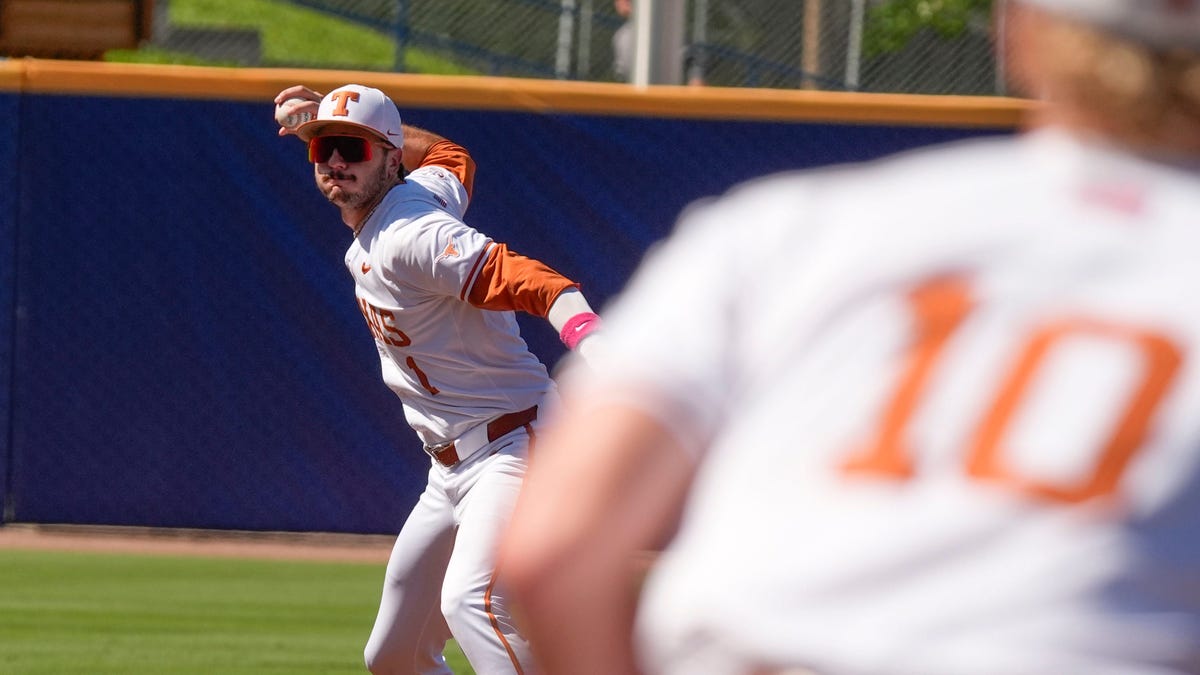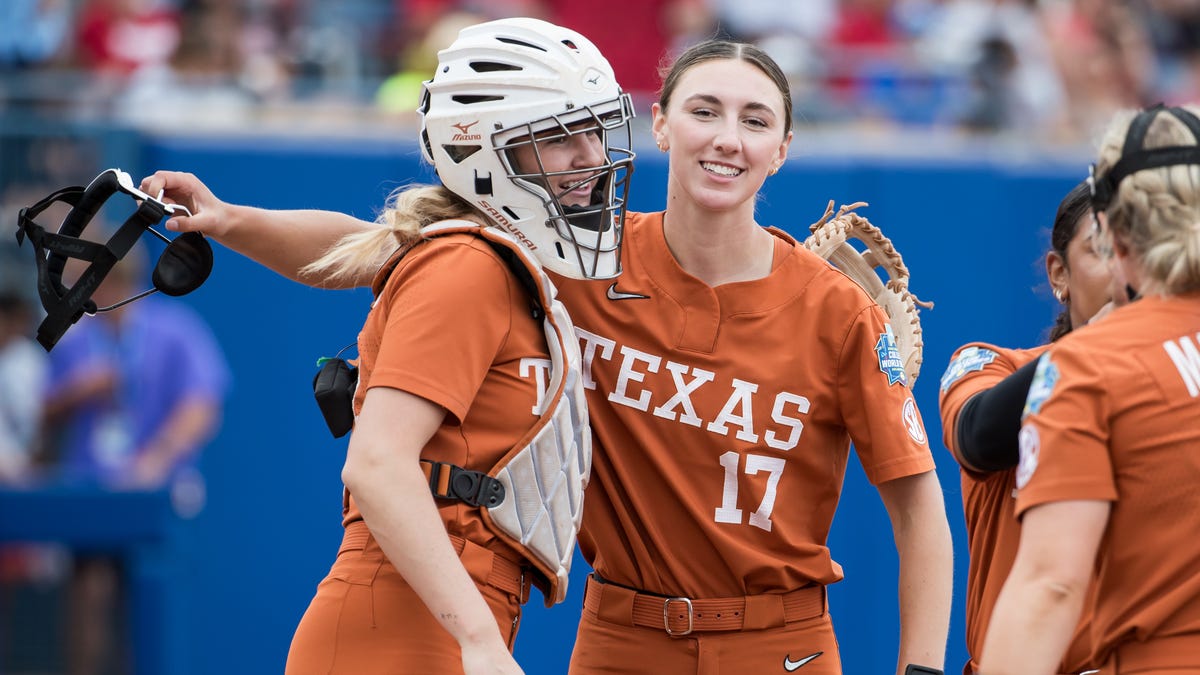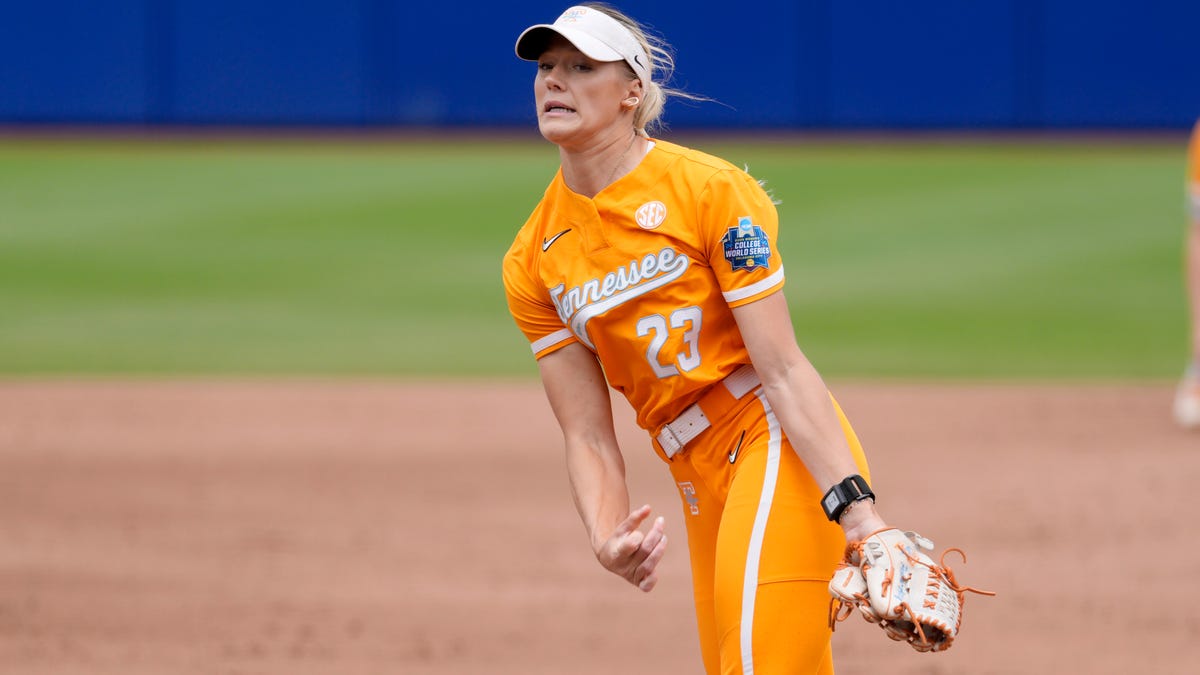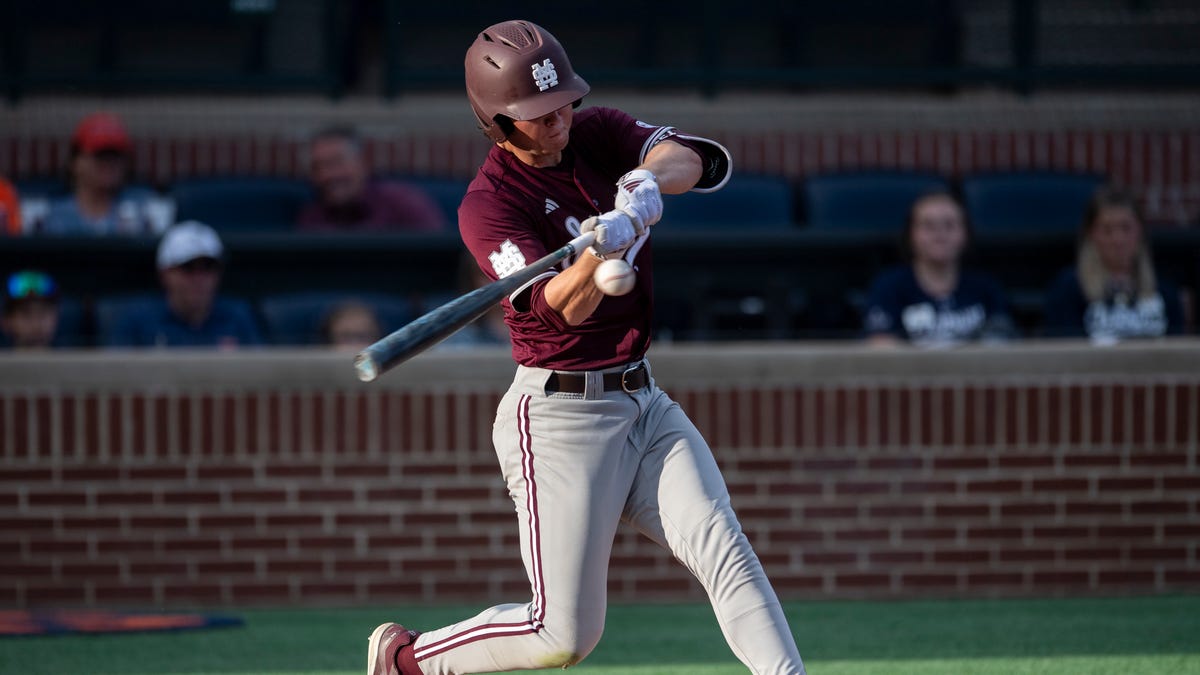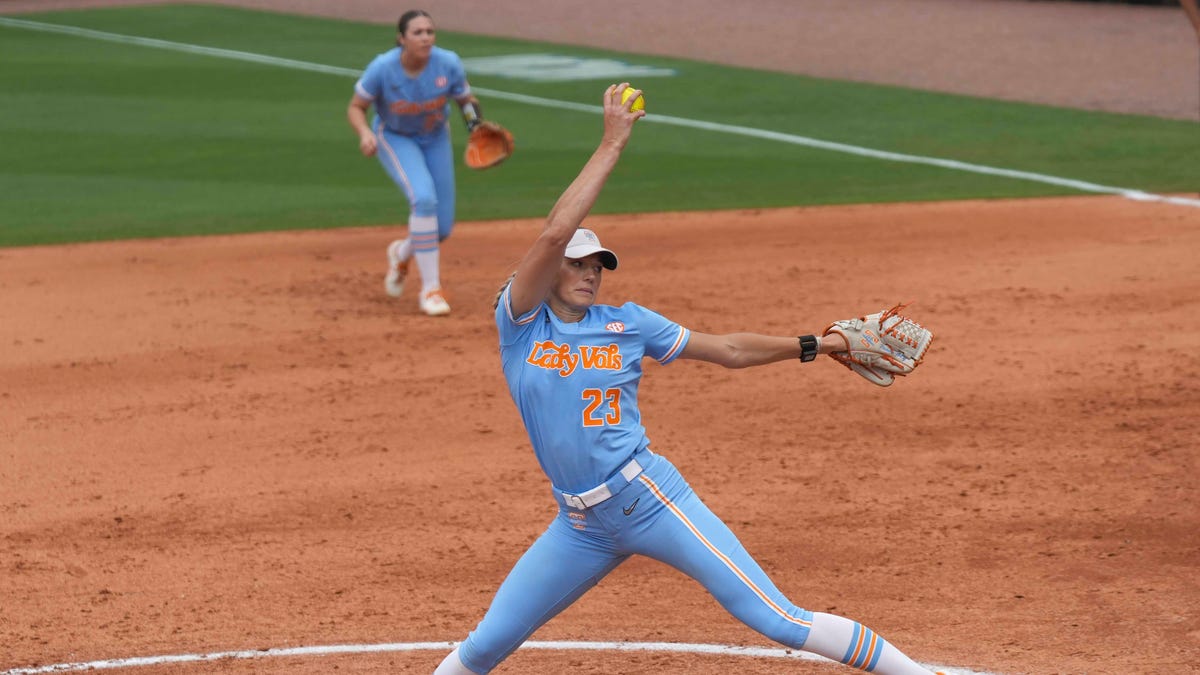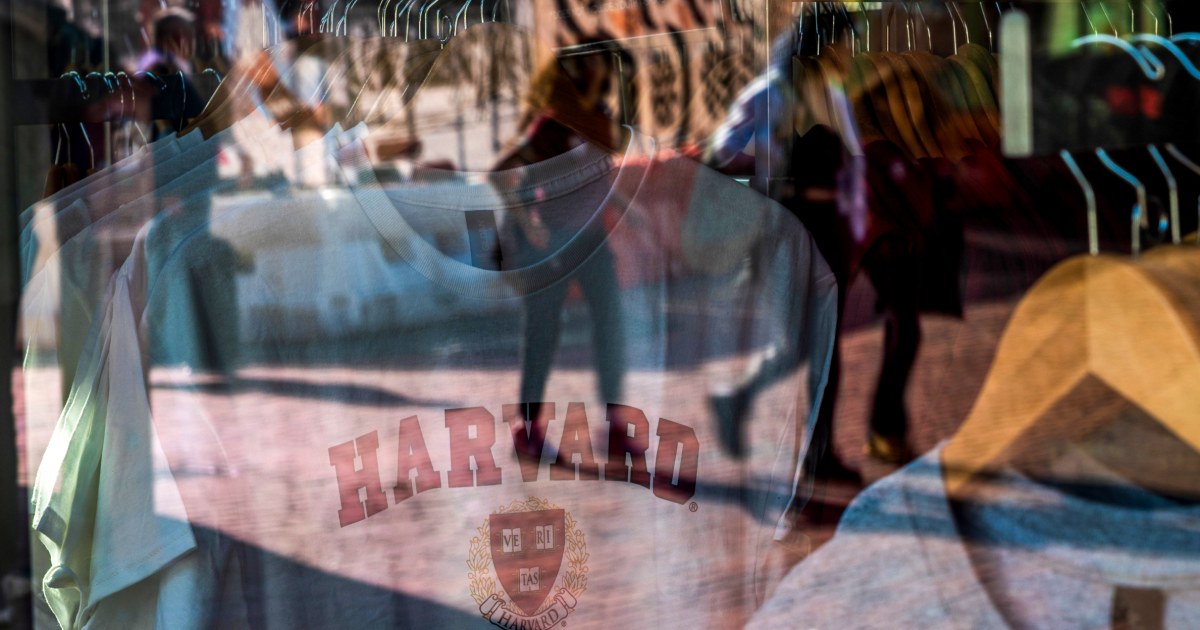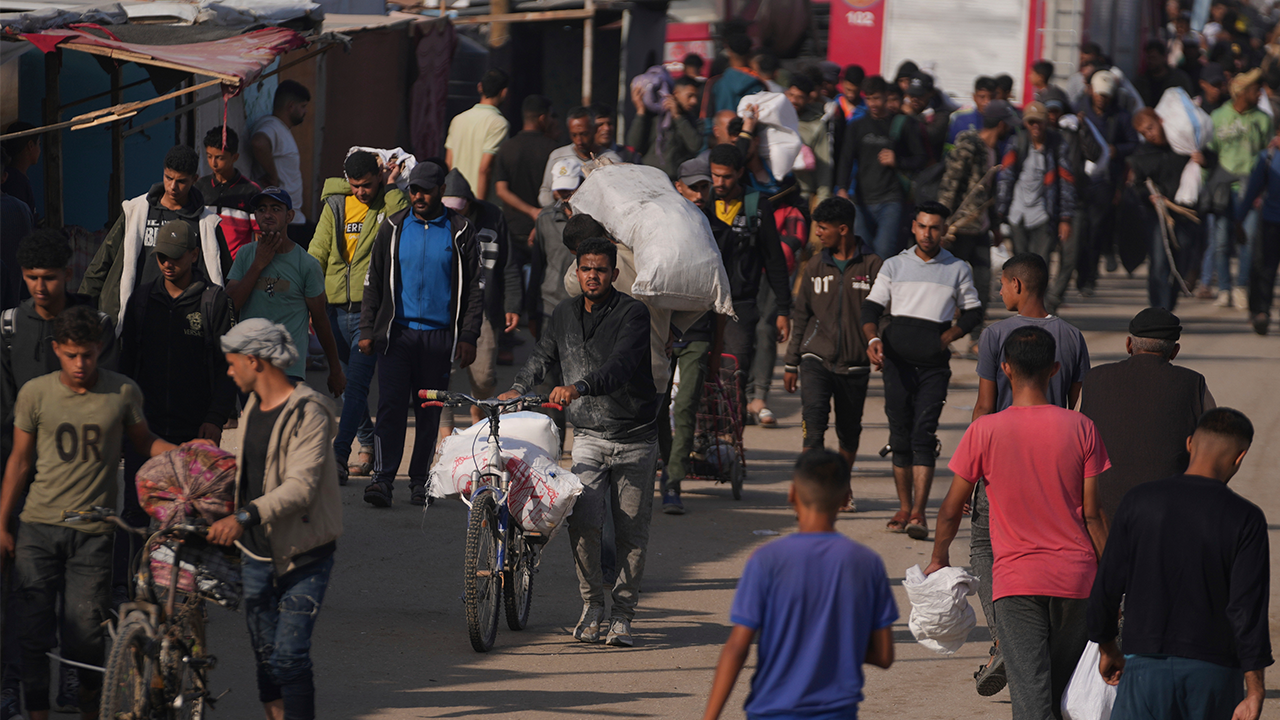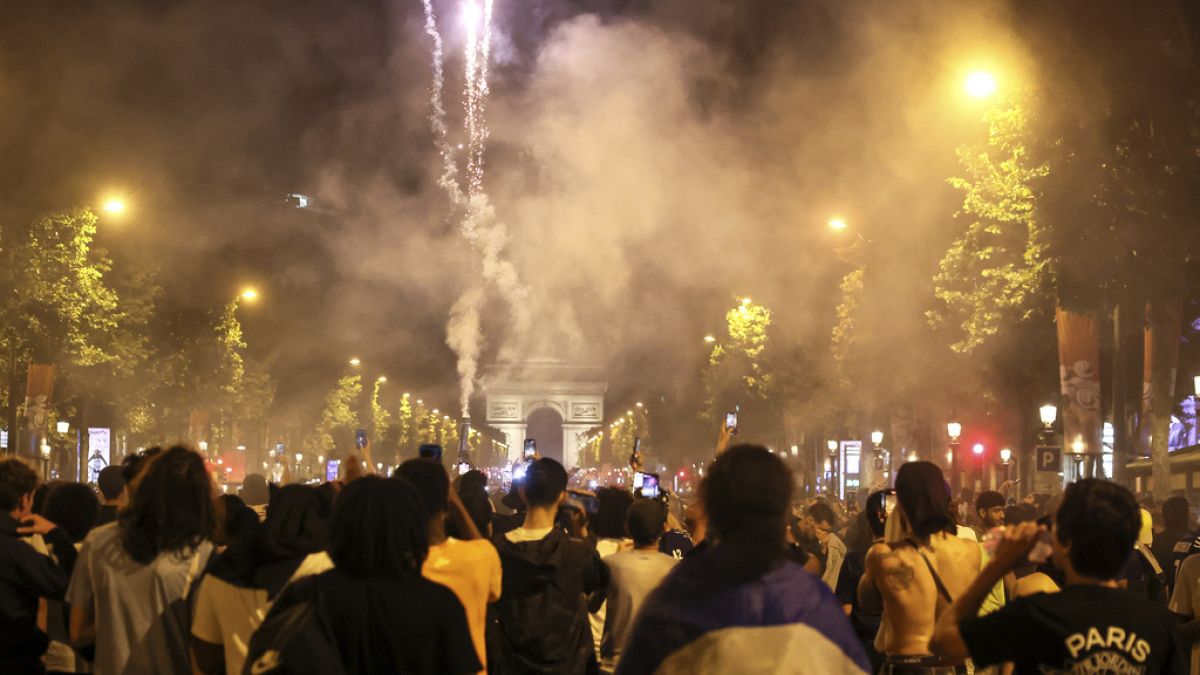Ukraine and Russia carried out massive air strikes targeting each other’s military infrastructure on Sunday as Volodymyr Zelenskyy said he would dispatch a team of negotiators to Istanbul for another round of peace talks.
The Ukrainian President’s confirmation followed days of speculation over whether Kyiv would attend after Zelenskyy accused Russian President Vladimir Putin of doing “everything” to sabotage the talks, which are due to take place on Monday.
Ahead of the talks, both sides launched some of the most ambitious air attacks since the start of Russia’s full-scale invasion in 2022.
Ukraine’s security service, the SBU, hit four airfields deep inside Russia that were home to a number of strategic bombers used in air raids, according to one of its officials.
“SBU drones are targeting aircraft that bomb Ukrainian cities every night. At this point, more than 40 aircraft have reportedly been hit,” the official told the Financial Times, adding that drones struck four Russian military airfields in “one co-ordinated operation” thousands of kilometres away from the front line.
Aircraft were “burning” at the Belaya airfield, located in south-eastern Siberia about 5,500km east of the Ukrainian border; at the Olenya air base on the Kola Peninsula near Murmansk; Dyagilevo air base 200km south-east of Moscow; and Ivanovo airfield, 300km north-east of the Russian capital, the official said.
Video footage filmed by a Ukrainian reconnaissance aircraft and shared by the official appeared to show one Russian airfield in flames and drones attacking several planes. In another video, the voice of SBU chief Vasyl Malyuk is heard approving the attacks.
According to people familiar with the operation, the attack, codenamed Spiderweb, was planned more than a year in advance and “personally supervised” by Zelenskyy. It used dozens of small “first-person view” drones armed with explosives.
The SBU smuggled the drones into Russia, followed later by small wooden mobile cabins, the people said. The drones were then concealed under the roofs of the structures, which had been loaded on to lorries. On Sunday, the roofs were remotely opened and the drones launched towards Russian military airfields.
“This is exactly what we need to win the war, which is an asymmetric conflict — military creativity like that,” said Oleksandr Merezhko, head of the Ukrainian parliament’s foreign affairs committee.
In recent days Zelenskyy has blasted Putin for failing to provide a “memorandum” outlining Russia’s conditions for peace. The memo had been promised to Kyiv and Washington ahead of the next round of negotiations.
Zelenskyy said Ukraine’s delegation would again be led by defence minister Rustem Umerov and that Russia had received his terms already. The president said he was seeking a full and unconditional ceasefire, the release of all prisoners, the return of Ukrainian children forcibly taken to Russia and an agreement for him to meet Putin.
“The key issues can only be resolved by the leaders,” he said.
Russia’s delegation will be led by Vladimir Medinsky, who headed up failed talks with Ukraine in the war’s early months in 2022 as well as the most recent meeting in Istanbul last month. Igor Kostyukov, head of Russia’s military intelligence agency, deputy foreign minister Mikhail Galuzin and deputy defence minister Alexander Fomin will also join the talks alongside a ground of Russian experts.
Moscow on Sunday launched 472 drones over Ukraine overnight in its largest drone attack since 2022, according to Ukraine’s air force. Explosions were reported in the cities of Kharkiv and Zaporizhzhia, while air defences were activated over Kyiv.
Russian forces also launched three ballistic missiles and four cruise missiles, according to the Ukrainian air force, which said strikes had been recorded in 18 locations. Three cruise missiles and 382 drones were either shot down or jammed with electronic warfare devices.
One missile strike on a military training ground in the country’s east killed 12 people and injured more than 60. Ukrainian ground forces did not disclose the location of the strike or the missile used.
Russian ground forces have stepped up their latest offensive in the Ukrainian region of Sumy, where they control at least 110 square kilometres of territory, according to DeepState, a war-monitoring group linked to the Ukrainian military.
Zelenskyy told reporters earlier this week that Moscow had gathered more than 50,000 troops in the area for a possible offensive towards the regional capital. Ukrainian authorities ordered the mandatory evacuation of 11 villages in the area.


